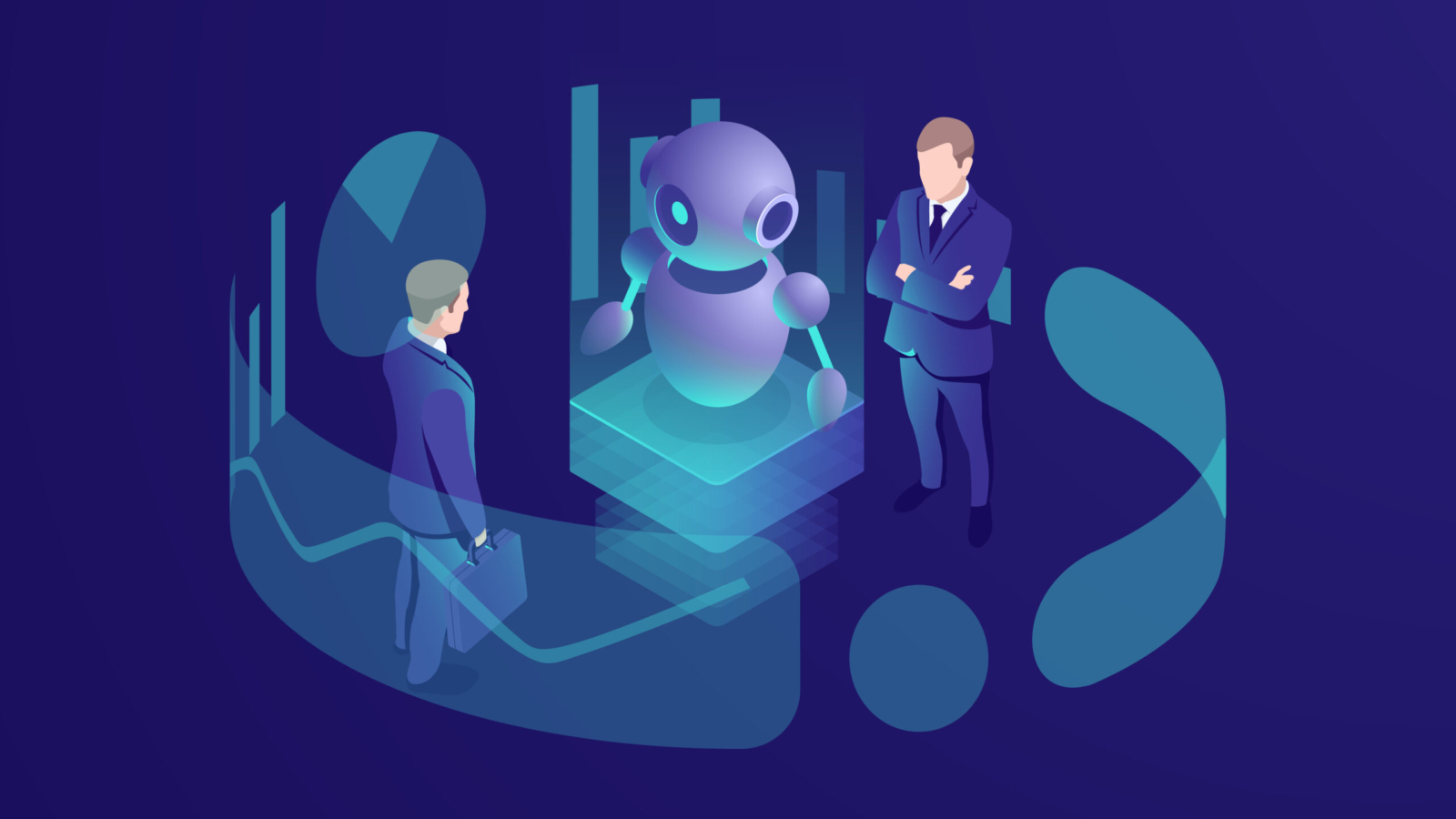In today’s fast-paced digital landscape, businesses must make decisions faster and smarter than ever before. Traditional methods of data analysis and decision-making often fall short when it comes to processing large amounts of information in real time. This is where AI agents are stepping in, becoming powerful tools that enable companies to stay competitive. By leveraging artificial intelligence, businesses can not only streamline operations but also gain deeper insights that lead to smarter business decisions.
What Are AI Agents?
An AI agent is a system that can perceive its environment, analyze data, and take actions to achieve specific goals. Unlike simple automation tools, AI agents are adaptive—they learn from data, respond to changing scenarios, and even collaborate with other agents. They can operate autonomously or in coordination with human decision-makers, making them invaluable in modern business ecosystems.
Why AI Agents Matter for Business Decisions
Businesses today generate and manage vast volumes of data from customer interactions, supply chains, financial systems, and digital platforms. Analyzing all this information manually is nearly impossible. AI agents help by:
- Processing data at scale – They analyze structured and unstructured data quickly.
- Identifying hidden patterns – AI agents uncover trends that human eyes might miss.
- Making predictive insights – They forecast market shifts, customer behavior, and risks.
- Supporting real-time decisions – Businesses can respond instantly to opportunities or threats.
By providing these capabilities, AI agents turn raw data into actionable intelligence, directly influencing better decision-making.
Real-World Applications of AI Agents in Business
- Customer Experience Enhancement
Companies use AI agents in chatbots, virtual assistants, and CRM systems to analyze customer queries, recommend solutions, and personalize interactions. Smarter customer engagement means improved satisfaction and loyalty. - Financial Analysis & Risk Management
AI agents help financial teams predict cash flow, detect fraudulent transactions, and manage risks more effectively. By analyzing data from multiple sources, they reduce errors and support confident financial decisions. - Supply Chain Optimization
AI-powered agents monitor inventory, predict demand, and suggest the best logistics routes. This leads to reduced costs, minimal wastage, and faster delivery times. - Marketing Strategy
Businesses leverage AI agents to segment audiences, personalize campaigns, and track performance in real time. Smarter targeting ensures better ROI on marketing investments. - Human Resource Management
From candidate screening to employee performance analysis, AI agents streamline HR decisions. They help identify top talent faster and predict employee turnover, enabling proactive retention strategies.
Benefits of Using AI Agents for Decision-Making
Speed and Efficiency – AI agents reduce the time required to analyze complex data.
Accuracy – Advanced algorithms minimize human errors.
Scalability – They handle growing amounts of data without performance loss.
Cost-Effectiveness – Smarter decisions reduce wasted resources.
Innovation – Businesses gain insights that lead to new opportunities.
Future of AI Agents in Business
As AI technology continues to evolve, AI agents will become even more sophisticated. Future AI agents will integrate seamlessly across departments, collaborate in multi-agent systems, and provide not only insights but also proactive strategies. Businesses that embrace this shift early will be positioned as leaders in their industries.
Conclusion
The question is no longer whether businesses should use AI—it’s how effectively they can deploy it. AI agents are powering smarter business decisions by turning raw data into actionable insights, predicting future outcomes, and automating complex tasks. Companies that adopt AI agents are not just keeping up with change—they are driving it.


Add a Comment